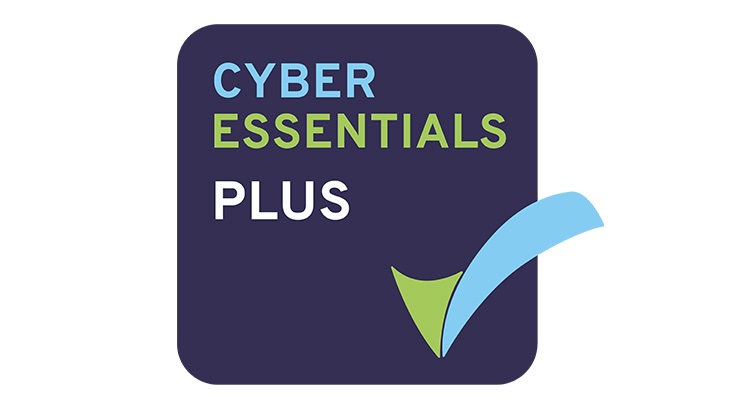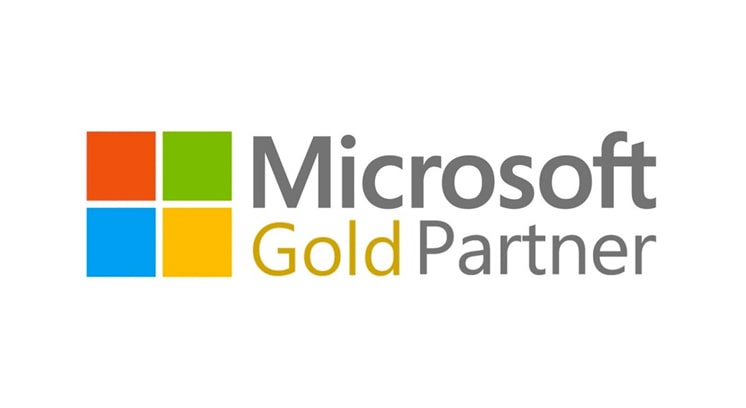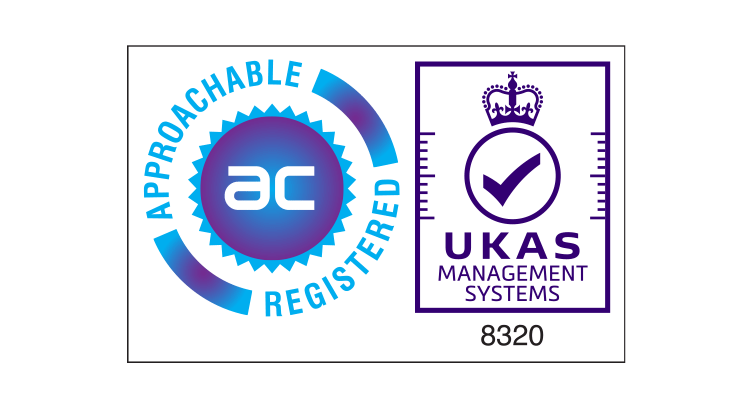Today, Facilities Management organisations have a growing demand to deliver exceptional services to customers and are under continued pressure to deliver more for less.
A property is more often than not the most valuable asset an individual, company or organisation will own. Consistent planned preventative maintenance (PPM) is key to ensuring the asset holds its value. Properties can degrade quickly without proper maintenance, and this is where effective PPM comes in. Without an effective PPM schedule, minor issues can turn into costly repairs. This is often seen in structural repairs and maintenance.
Facilities Management organisations are able to automate processes such as monitoring and optimising office use and space, reacting to preventative maintenance errors such as a HVAC repair, monitoring facilities for temperature and lighting and assisting with daily task monitoring and scheduling of workforces. Each of these processes enables a unique way to ensure services are delivered more effectively and staff time is used more productively.
Furthermore, by equipping your facilities teams with the correct tools to carry out their job, Facilities Management staff have everything they need to hand to capture information such as images, signatures and access to workflow via mobile applications. Additionally, Facilities Managers can gain full visibility of their teams and automate the allocation of resources against planned or unpredictable work demands.












